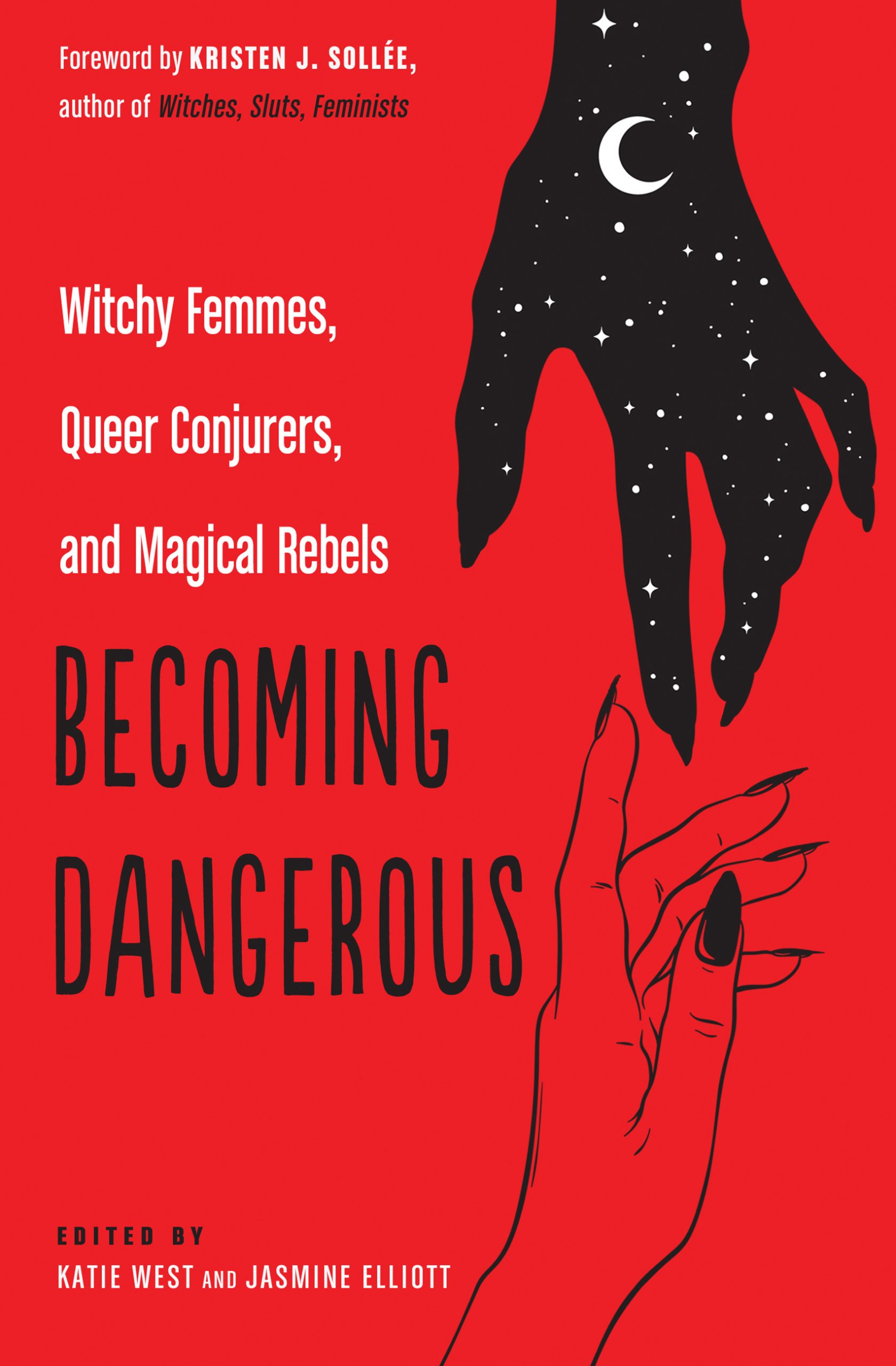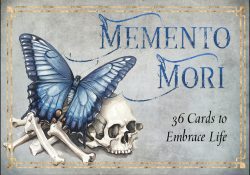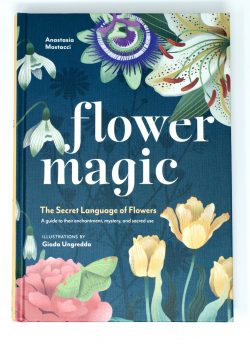"This isn't a book on how to become a witch. Rather, it's a book about what it means to be a witch, written by women and femmes for whom the word "witch" is as much a part of their identity as their skin, their sexuality, and their gender. Ultimately, though, this is a book about magic, real, operant magic, the kind which changes reality. It's a book about where that magic comes from, and how queer women and femmes, women of color, and trans women have used it since the dawn of humanity to survive in a world which would just as soon have them enslaved or dead." --
Misha Magdalene,
PatheosMisha Magdalene
"Whether harnessing the power of nature, tarot, crystals and candles or selfies, make up, video games and sex toys, these rebels, sluts, femmes, and witches heal from trauma, challenge institutional racism, dismantle misogyny, and create community. Replete with prose that is at turns revealing, relatable, and bitingly funny, this book lays the groundwork for summoning your own salvation on your own terms." --Kristen J. Sollée, author of Witches, Sluts, Feminists: Conjuring the Sex Positive
Kristen J. Sollée
"In this uneven yet bold collection of essays, 21 authors explore how they “resist the onslaught of a world of irrational happenings” by performing personal rituals that incorporate magic. Each essay is by someone who considers themselves marginalized and responding to a culture that “has attempted to cast a banishing spell” on them. Highlights include “Trash Magic” by Miranda Elizabeth, a self-described “sick mad crip borderline witch” who tweaks tarot readings and crystal rituals to suit the needs of her “disabled perspective” and Avery Edison’s “Before I Was a Woman, I Was a Witch,” which details Avery’s discovery of a witch kit as a teenager. A common thread is the subversion of conventional feminine beauty, such as in Catherine Hernandez’s “Femme as in Fuck You” in which she writes of taking intentionally ugly photos to reclaim her sense of beauty after an accident that left her scarred, and merritt k’s “Total Mood Killer,” about how she fashions her nails for peak scariness, “sharp enough to easily scratch skin—maybe draw blood.” Powerfully intimate and angry yet hopeful, these narratives will appeal to “magickal practitioners” looking for new examples of how others have dealt with oppression." --Publishers Weekly, (Apr 2019)
“Thoughtful and earnest, considered together these essays weave a spell, taking the acts of women deemed selfish and silly and naming them sacred. Witches are having a moment. And it’s about damn time.” —Kelly Sue DeConnick, Bitch Planet and Pretty Deadly
Kelly Sue DeConnick
“Becoming Dangerous is an essential survival guide for underrepresented communities who still have to fight for visibility in these so-called modern times.” —Alison Nastasi, Flavorwire.com
Alison Nastasi
“Witchcraft specifically is appealing to the marginalized because witchcraft focuses on how the self and the earth are connected. It takes societal hierarchy out of the equation. . . . The contributors to Becoming Dangerous are a multi-faceted group of individuals and writers who have all found their power through dealing with personal hardship and establishing magical rituals. Their rituals vary from using fashion to combat societal sexualization, to buzzing off their hair to explore presentation and identity, and using special rituals to prove to the world that they are human and not less than. This new collection of essays about ‘ritual and resistance’ will fire you up and make you feel powerful.” —HelloGiggles.com
"This essay collection describes the many ways that women, femmes, and nonbinary people find and create safe places as acts of resistance, beauty, and hope. Editors Katie West and Jasmine Elliott curated a magnificent collection that includes authors of many different backgrounds, abilities, identities, cultures, and beliefs. Becoming Dangerous debates with itself, answers its own questions, and provides a powerful look at how magic and intention can turn the tide of self-doubt and empower women, as it has for centuries, in both public and secret practices." –Foreword Reviews





